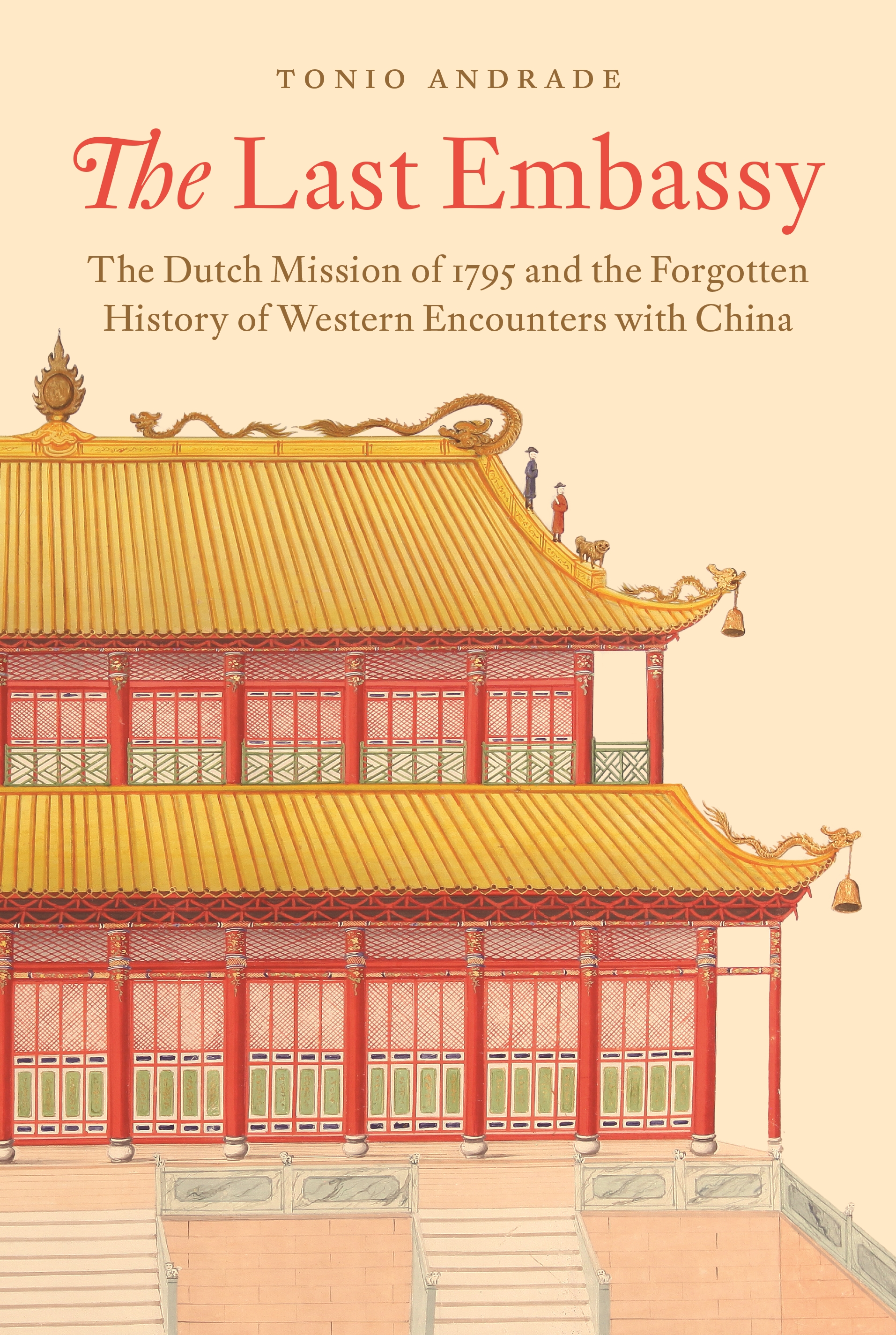Dr. Claudia Kreklau is a 2018 graduate of the doctoral program and associate lecturer at the University of St. Andrews in Scotland. Kreklau offers an update of recent publications, presentations, and podcast contributions in the list below. Kreklau completed her dissertation, titled “‘Eat as the King Eats’: Making the Middle Class through Food, Foodways, and Food Discourses in Nineteenth-Century Germany,” under the advisement of Dr. Brian Vick.
Journal article:
“Neither Gendered nor a Room: The Kitchen in Central Europe and the Masculinization of Modernity, 1800-1900,” in Special Section: The Kitchen in History, Global Food History, T&F, 7:1, (January 2021 e-version, March Issue 2021 paper), 5-35. DOI: 10.1080/20549547.2020.1863744.
Keynote Papers and Plenary Contributions:
“Otto von Bismarck’s Devouring Masculinity: Identity Shortcomings and Culinary Compensation of a Political Titan, 1815-1898,” Keynote, Devouring Men: Food, Masculinity and Power, University of St Andrews, (4th September 2020).
“Making Modern Eating. How the German Middling Shaped our Culinary Practices, 1780-1914,” Plenary Lunch Lightning Round Presentation “Food for Thought,” German Studies Association (GSA) 43rd Annual Conference, Portland, USA (3-6th Oct. 2019).
Podcasts
“Episode1: Making Cows Brains your Oyster.” Season 1. Looking the Part. 90 Second Narratives on Apple Podcasts. Accessed March 31, 2020. https://podcasts.apple.com/us/podcast/making-cow-brains-your-oyster/id1503904443?i=1000470033190

